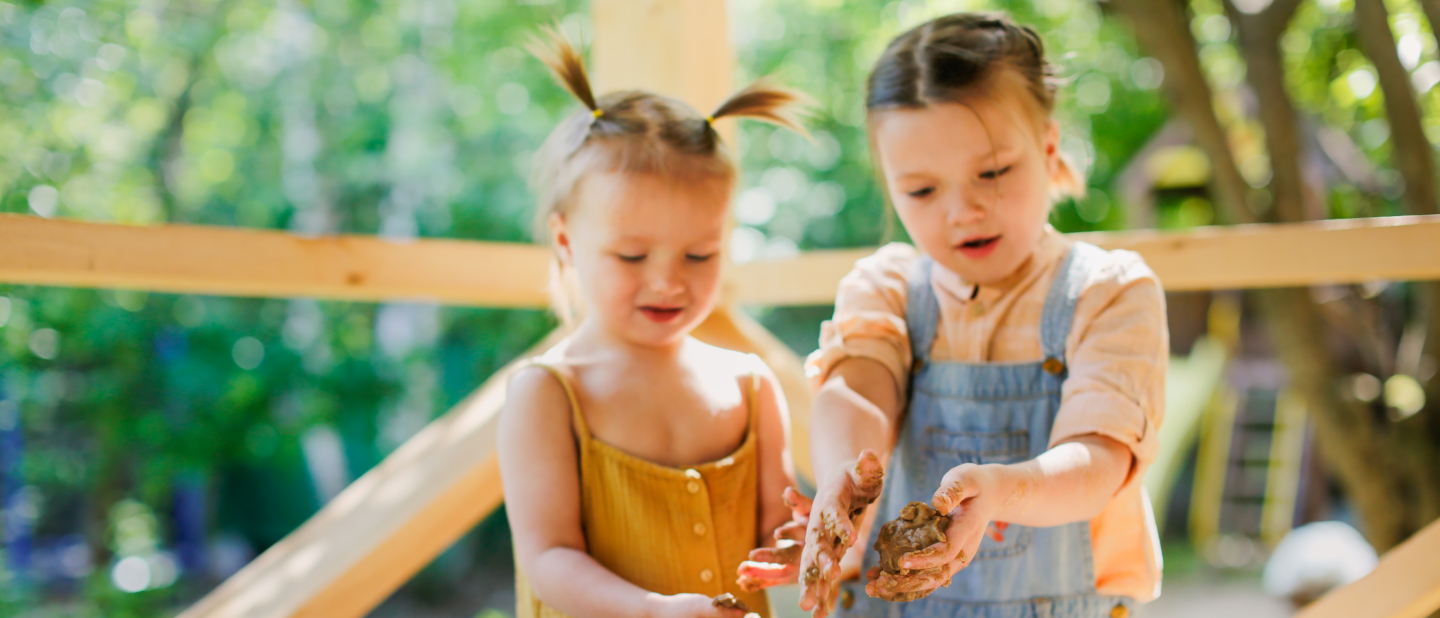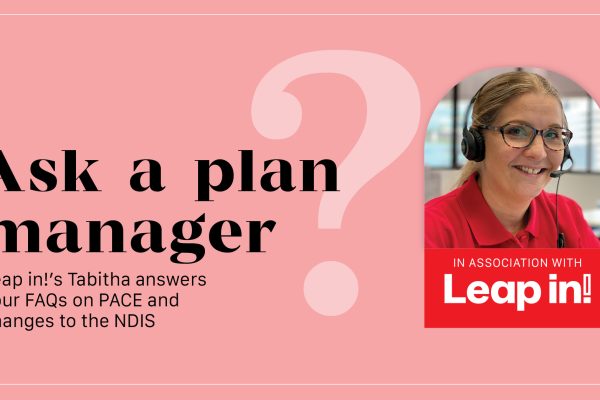
Managing playdates when your child has a disability
When your child has a disability, playdates are not simply a case of setting a time and date, finding out an address, and then rocking up to have some fun.
When my daughter was younger, I used to stress about playdates for so many reasons; the physical environment, her ability to communicate her needs, the food that may be on offer, toileting, sensory issues, if I had to stay around how would I talk to the other parent for hours(!) and so much more!
Here are some tips I’ve picked up over the years.
Open communication: Communicate openly with the other parents or caregivers involved in the playdate. Reach out to the other parents or caregivers and discuss your child’s needs, preferences, and any accommodations that might be necessary to ensure a positive experience for everyone. This will give you a chance to ease any concerns you may have about safety or comfort in advance.
Choose a setting that works for your child: Opt for playdates in environments that are accessible and inclusive; if you don’t think your child is ready to be in someone else’s space don’t feel obliged to go there.
Plan ahead: Plan the playdate well in advance. This gives you time to prepare any necessary accommodations, gather appropriate toys or activities, and address any concerns or questions from the other parents. You can also take the time to prepare your child – talk about what to expect, the fun activities planned, and any potential challenges they might face. You can also practice scenarios through visuals, social stories and role play.
Activity selection: Choose activities that cater to a range of abilities and interests. Consider activities that encourage interaction, cooperation, and engagement among all children.
Brief peers and parents: Brief the peers and their parents about your child’s disability, abilities, and any specific needs they might have. This can help dispel misconceptions and promote understanding and empathy.
Set realistic expectations: Be prepared for the playdate to have its challenges. Some situations might require redirection or guidance, and that’s okay. Set realistic expectations and remember that the goal is positive interaction and fun.
On the subject of goals: Think about the skills your child may need to develop to successfully navigate a playdate and incorporate them into their NDIS goals next time a planning session is due.
Be flexible: Be flexible and adaptable during the playdate. If a particular activity isn’t working or if adjustments need to be made, be open to switching things up.
Use visual supports: Depending on your child’s needs, consider using visual supports such as schedules, social stories, or visual cues to help facilitate communication and understanding.
Offer support when needed (but don’t interfere too much!): Be available to provide support as needed. This could involve helping with communication, guiding interactions, or addressing any challenges that arise. Kids have a great way of working things out on their own though so stepping back and letting things play out is also worth keeping in mind!
Encourage positive feedback: Encourage all children to provide positive feedback to each other. This helps build self-esteem and fosters a positive atmosphere.
Don’t force things: Playdates feel like a rite-of-passage and while they can build important social skills, if it’s just not your child’s ‘thing’, don’t force the issue. There are plenty of other ways to foster and develop relationships. Take things slowly and let your child take the lead.







